In a blistering response to former President Uhuru Kenyatta’s public denouncement of President William Ruto, Kapseret MP Oscar Sudi has publicly lashed out, accusing Kenyatta of undermining the very legacy he helped shape—and betraying the nation’s future stability.
Appearing before a packed audience shortly after Uhuru’s fiery speech at the Jubilee National Delegates Conference, Sudi delivered a message too sharp to ignore. He accused the former president of playing the role of moralist only after the damage was done—and of reacting in bitterness to being eclipsed by Ruto’s agenda.
Sudi’s Counterstrike: Legacy, Hypocrisy, and Insecurity
Sudi did not hold back. He claimed that Kenyatta was upset by what he called the “inevitable bypass” of his own legacy as Ruto’s reforms gain momentum. Sudi alleged that many of the proposals and development blueprints now being implemented were drawn from the 2013 Jubilee manifesto—plans he argues Kenyatta himself shelved.
He said:
“These are the very plans he had, but he lacked the courage to see them through. He now complains when his successor acts where he didn’t.”
Sudi framed his attack as one of principle rather than personal animus. He defended Ruto as bold and decisive, willing to make unpopular but necessary choices for long-term impact. He contrasted this with Uhuru’s second term, which he described as squandered by indecision and inertia.
“In retirement, a leader is meant to guide—not to punish,” he said, disparaging Kenyatta’s tone as that of a disgruntled elder rather than a statesman.
Critical Themes and Deeper Fault Lines
This exchange is not about mere political jabs—it underscores deeper tensions in Kenya’s ruling elite:
- Legacy vs Reinvention: Sudi’s claim that Ruto is delivering on Kenyatta’s untapped manifesto may be intended to reframe the current administration as a continuation, not a rupture, of Jubilee’s vision.
- Power and Succession: Underneath the language lies a contest for who controls the narrative—whether Kenyatta’s era is celebrated or overtaken.
- Public Perception: Such high-profile conflict forces voters to pick sides—and raises questions about institutional continuity, loyalty, and accountability.

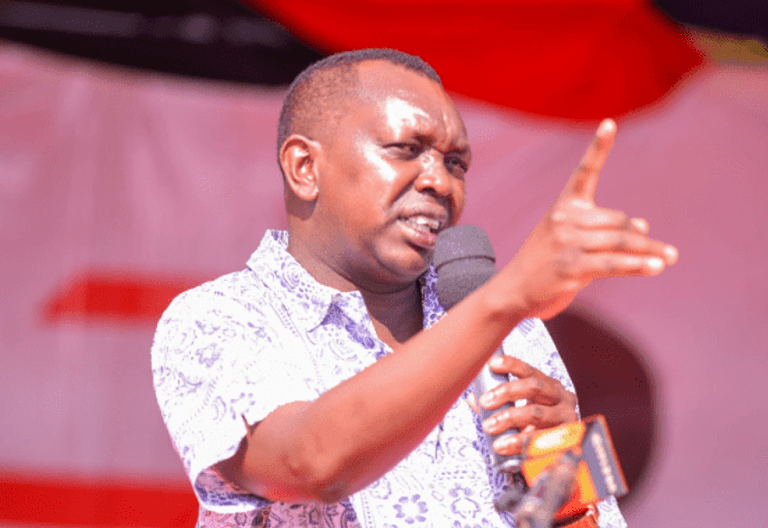
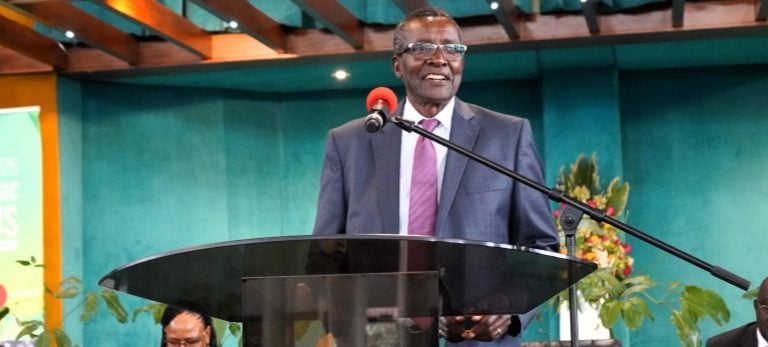
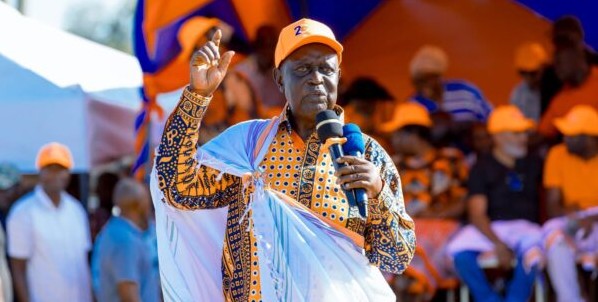

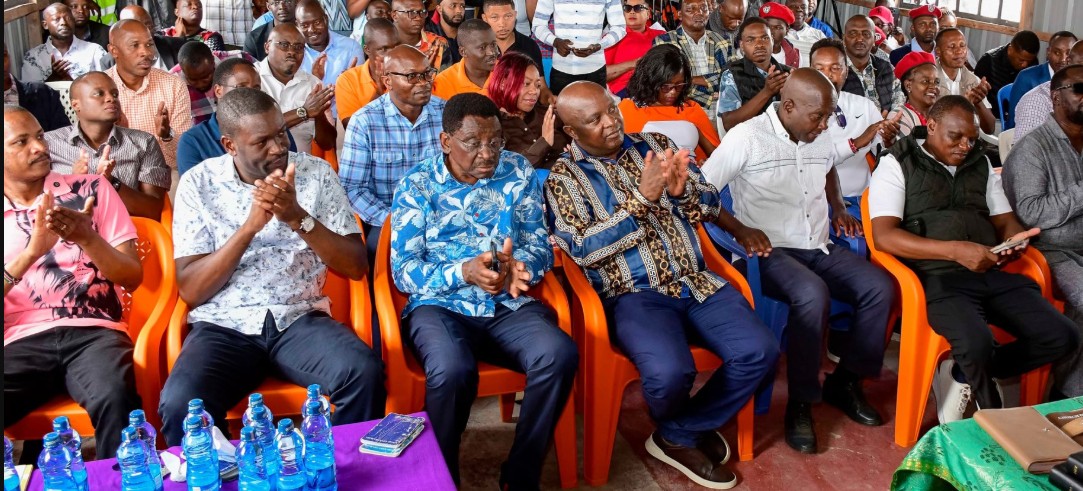
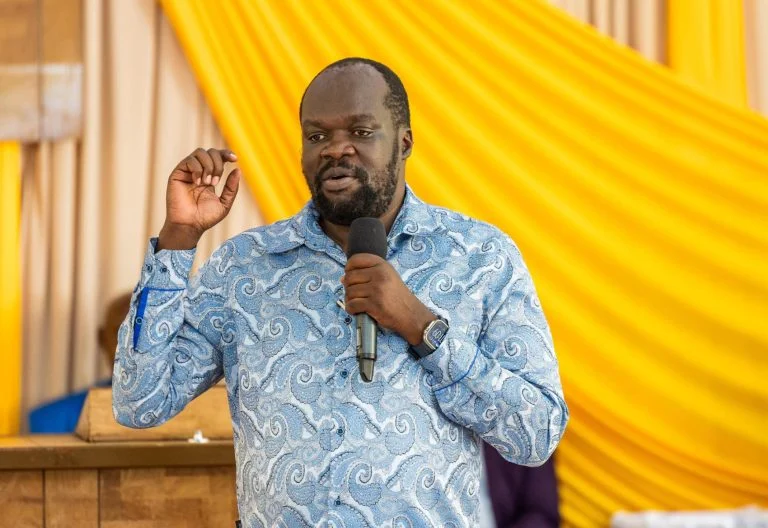

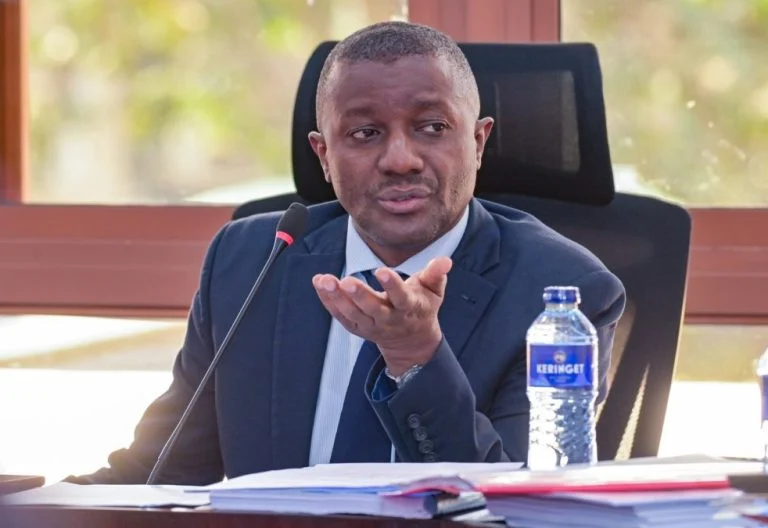
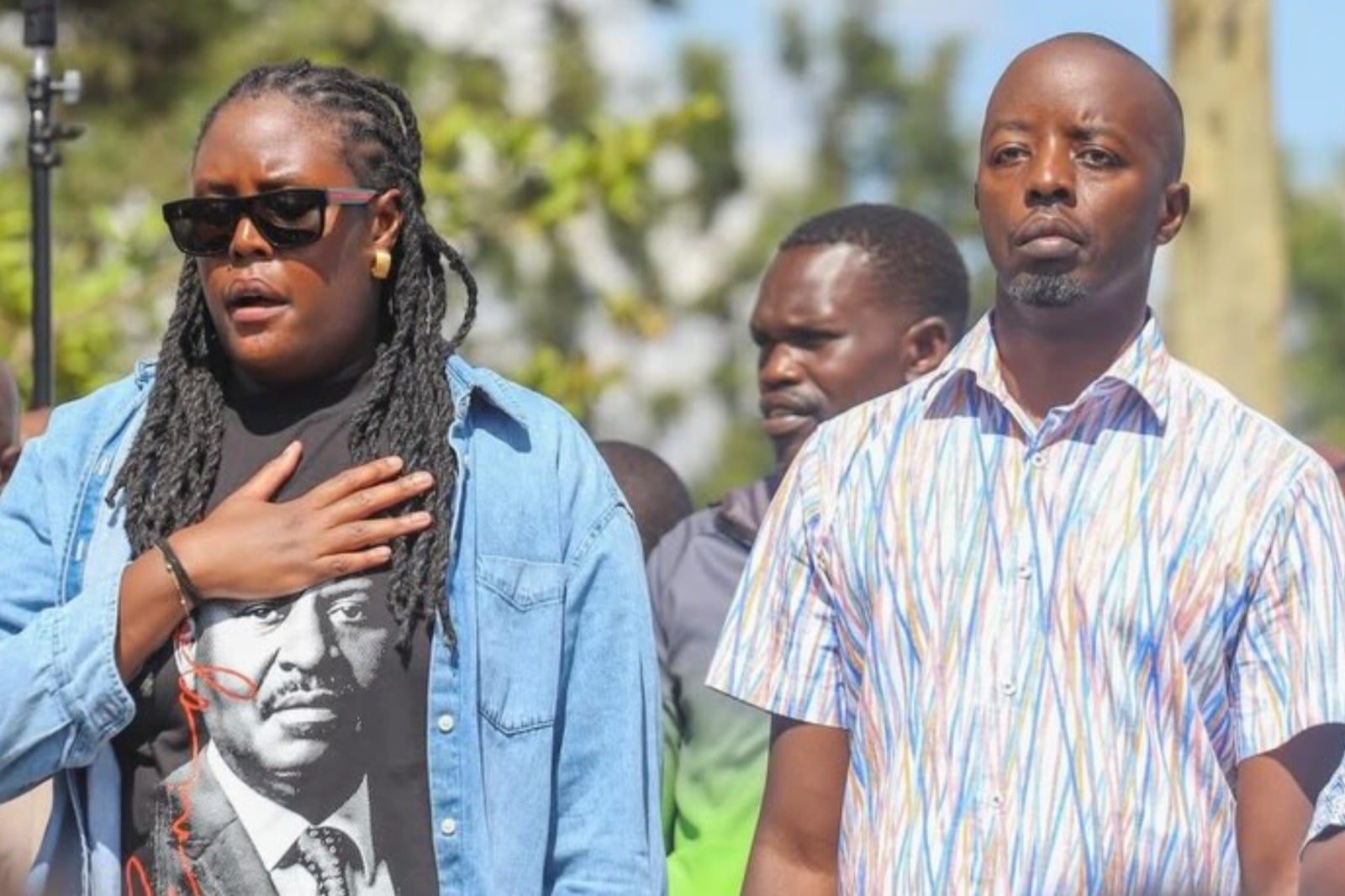


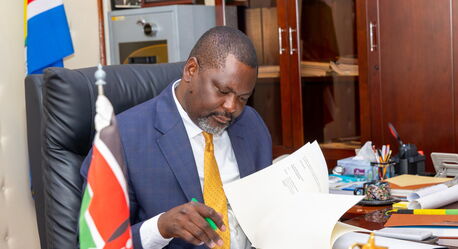


Leave a Reply